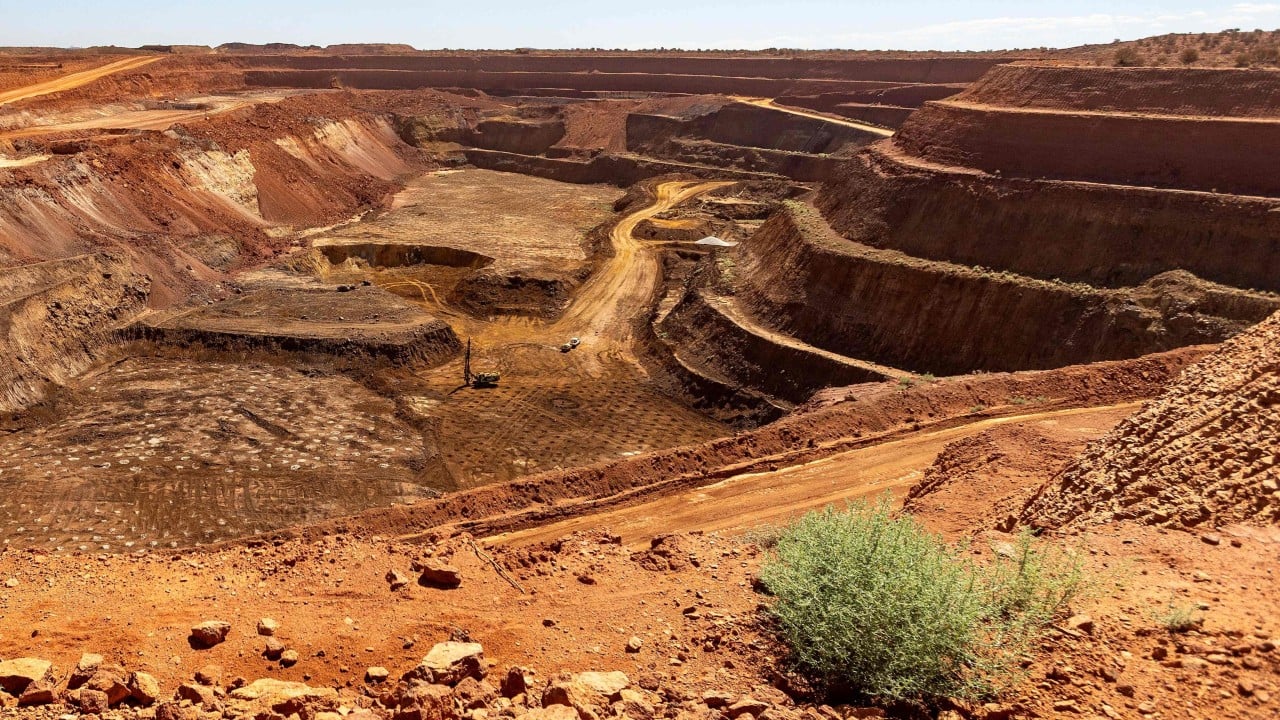China’s tightening of export controls of its rare earth minerals by expanding licensing requirements for foreign firms has ramifications for countries such as the United States. The latter’s heavy reliance on Chinese imports and lack of domestic processing facilities make it increasingly vulnerable. The delay in treating rare earth minerals as a strategic necessity, the absence of reforms and the failure over the years to initiate domestic industrial policies will ensure that it lags behind.
Advertisement
Mere adoption of reactionary measures against Beijing to gain geopolitical dominance on rare earths will not cut it.
Strategic vulnerability makes achieving self-sufficiency challenging. China, unlike the United States, has massive strategic leverage as it mines around 70 per cent of minerals globally and accounts for 90 per cent of global processing capability. Its tightened export controls via expansion of licensing prerequisites further demonstrates its strategic capital and ability to affect supply chains across the world. Even before the announcement of the latest curbs, shipments of rare earth magnets to the US fell 28.7 per cent month on month in September.
Rare earths are critical to the clean energy transition and defence technology. Impediments to production and interlinkages with Chinese supply chains reveal the US’ glaring vulnerabilities. China’s rare earth mines for example, span its northern and southern provinces – Inner Mongolia, Sichuan, Jiangxi and Fujian – while the US has only one active mine owned by MP Materials in Mountain Pass, California.
That mine operates amid limited domestic processing capacity to cater to local demand. In contrast, China has excellent downstream processing of minerals and processes rare earths mined in countries around the world.
China’s latest export controls threaten to jeopardise production continuity. Karen Hui, Greater China research scholar at the Asia Pacific Foundation in Canada, warns that Beijing’s controls could result in firms possessing Chinese-made equipment losing access to maintenance services.

